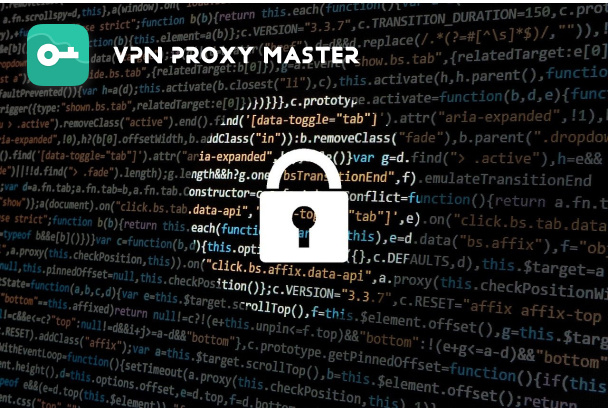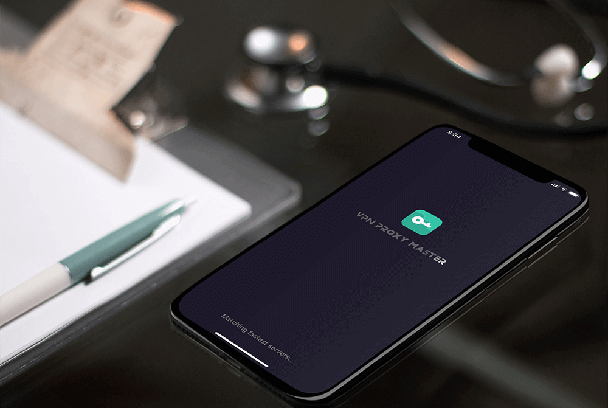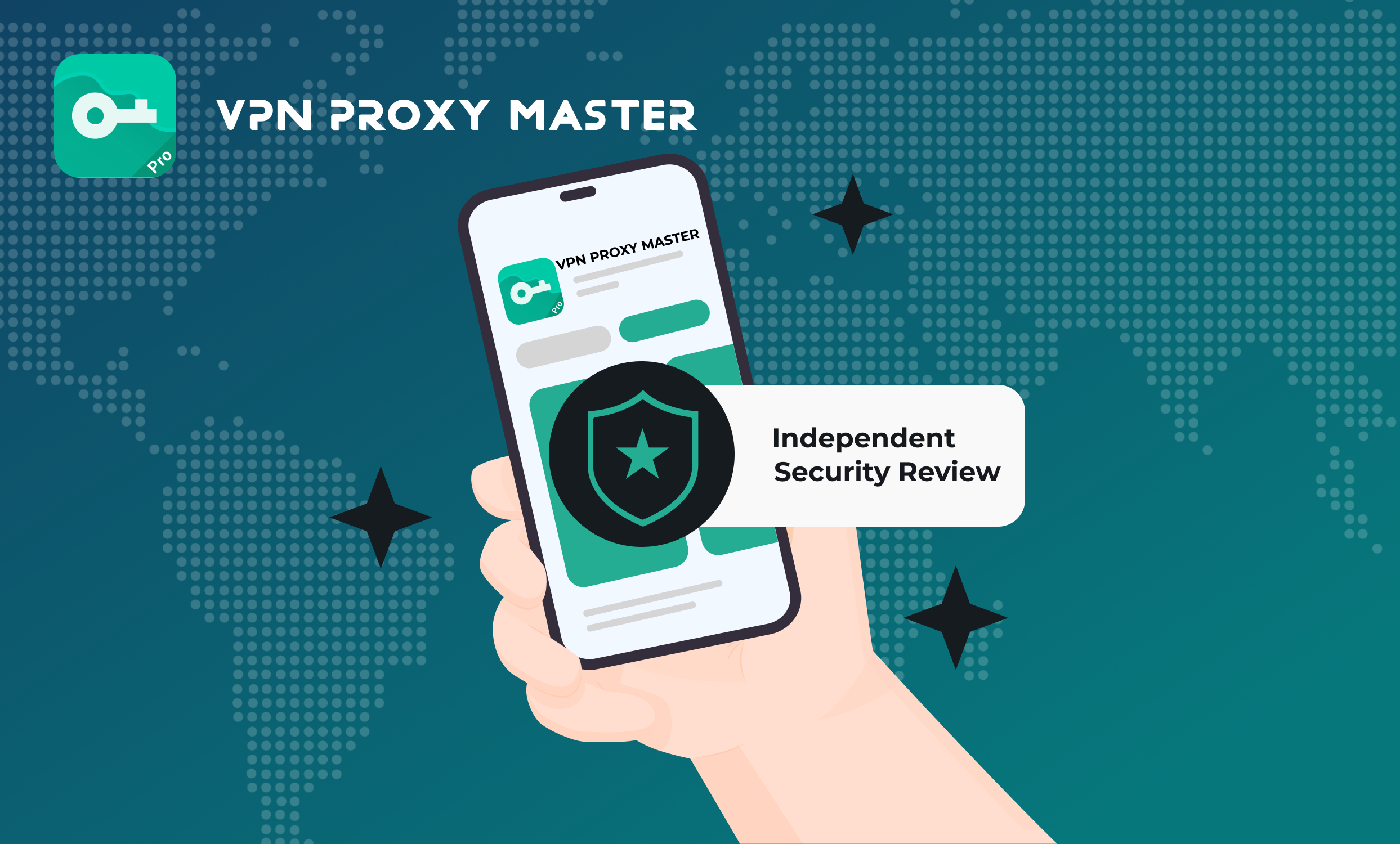
Advertisers, marketers, and internet merchants aren't the only ones who keep track of and use your data. The authorities, your ISP, and hackers can all keep tabs on what you do on the internet. You could, of course, use a virtual private network (VPN) to reclaim some privacy. But here are the questions. What is VPN? What does a virtual private network (VPN) do? Also, what does a VPN protect you from?
What is a Virtual Private Network?
The term "Virtual Private Network" refers to the ability to establish a secure network connection over public networks through encryption and anonymity, which are provided through virtual private networks or VPNs. This makes it very difficult for third parties to follow your internet activity and steal your personal information.
What Does VPN Hide?
Search History
Using your search engine, you can delete your cookies and browsing history. But your Internet service provider (ISP) may have logged the sites you've accessed. Your browsing history, as well as the links you've clicked and the websites you've visited, can be hidden with a VPN, as can your IP address.
Is it possible to completely erase your browsing history?
No. This is a problem. When you remove file references from your repositories, your operating system won't also delete this data. In reality, all that happens is that the data is moved to a new location on your computer's hard disk.
Third parties will only observe the remote VPN's IP address if you utilize a VPN every time you visit. That way, they can't find out where you are, your Internet Service Provider, or any other information that might identify you.
IP Address
Before a device or network can access the internet, an internal protocol (IP) address is given a digital label.
An IP address can reveal critical information about you to other parties, such as your city, state, and country of origin. Your home address, name, and phone number be discovered by following the trail back to your Internet service provider (ISP).
An IP address belonging to the VPN server is linked to your activity instead of your own.
Even if you use a virtual private network (VPN), you could appear to be accessing the internet from another nation.
Passwords
Every year, the number of public Wi-Fi hotspots and businesses that provide free Wi-Fi to their clients grows. Someone without a VPN could be in big trouble, even though this is a tremendous convenience for people on the road.
Public server connections aren't recommended if you don't have an active virtual private network (VPN). The reason for this is that your device is vulnerable on a public network to hackers who are looking to take advantage of any user. A person can steal a user's passwords and login credentials and monitor what the user is doing at any given time.
It’s much safer to use public Wi-Fi with a virtual private network (VPN). Before it leaves any device, all data is encrypted. A hacker’s target data suddenly becomes illegible.
Geo-location/IP address
When using a VPN, it will hide your location. This is an advantage for retailers and price gouging, but it extends beyond that.
Geo-spoofing is a feature that many VPNs offer their users. In addition to obscuring your real location, a VPN can make it appear as if you’re in a foreign country. If that wasn’t enough, you get to determine where that destination is!
Assume you’d want to visit a website that is only accessible from a specific location. Changing your location on the internet is now as simple as clicking a few buttons, and you can then go to any website you want.
Get more movies and TV series with this method. Many streaming services have varying material based on location, such as Netflix and HBO Max. Changing your location on your streaming service will allow you to see a different selection of movies and shows.
VPNs aren't simply for getting a different movie; you may also use them to transfer information. In countries where access to certain websites is restricted, journalists and individuals can circumvent these restrictions by using a VPN.
Torrenting
Direct downloads are the most prevalent method of downloading files from the internet. Another option for downloading huge files is torrenting. You'll need a peer-to-peer connection with data from many sources to use torrenting.
Since torrenting includes downloading from several sources, the individual downloading the data is at risk of being targeted. Users' devices may be compromised if a malicious file is included in a file they open. A VPN masks your IP address, making you less target for cybercriminals.
This downloading of music, films, and other content is known as "torrenting." While torrenting is not illegal and can be used for legal purposes, downloading copyrighted material for free from peers is a criminal offense. Torrenting is a gray area for many, and many have no idea they've crossed over into unlawful territory. However, using a VPN may prevent you from being an easy target for federal letters and warnings.
Medical Information
Medical care is one of several fields that has switched to the internet. To contact your physician's office, a doctor may have told you to use an app that you may get from their website. These applications aren't only for making appointments; they may also deliver test results, diagnoses, and even personal interactions with your medical professional.
You're likely worried about the trustworthiness of the online databases used by healthcare providers. VPNs safeguard the technology used in healthcare.
What does a VPN do when it comes to medical data? It establishes a secure channel for encrypted data to be exchanged. But even if they did, there would be little that could make sense to them.
Who do VPNs protect you from?
When exposing your data to the internet, it's critical to understand who has access to it and who does not. "What does a VPN do?" has been answered. Who, then, is being kept in the dark about this information?
With a VPN, the following individuals will not access any of your data.
Internet Service Provider
Internet service providers (ISPs) can provide you with the required connectivity. Even so, they don't just serve and leave you to your own devices; they're there to help. Your personal information will continue to be gathered so that they can extort more income from you than your monthly utility payment.
Each click you do will be tracked and stored by your ISP. Logs of your surfing may subsequently be sold to marketing organizations by them. To acquire the privacy you anticipate, they may even charge you an additional price. They can also provide the government access to your personal information.
An Internet service provider (ISP) may be able to know how much bandwidth you're sending. Your ISP may be fantastic at providing you with fast internet, but it's not a good idea to pass over all of your personal information to them. You're under no obligation to do so, either. VPN data is encrypted; therefore, it won't decipher any of it.
Routers
Your router keeps tabs on where you go online and may even stop you from doing so. A network administrator can keep tabs on where their users are going by installing restrictions or by looking at the router logs to see what they are doing. For websites to be accessible or not, a VPN will encrypt the data transferred to routers.
There may be restrictions by administrators that prevent users from using a VPN.
Do all VPNs ensure privacy and security online?
You use a virtual private network (VPN) to keep your internet activity private. On the other hand, many VPNs do not provide the level of protection that users require.
Many virtual private networks (VPNs) incorporate at least one tracking library into their software to keep tabs on their users' online activities. The VPN collects data about you that may be used for promotion or ad targeting by the VPN provider. That's a cause for concern.
In addition, some VPNs do not properly secure the internet data of their clients. This means that snoops may have an easier time tracking what people are doing online.
Free VPNs are more likely to monitor your activity. Why? Free services must find a way to generate revenue. What other way do they have to make a profit to maintain the service they give if they don’t charge you?
Additionally, commercial VPNs are more likely to offer more secure encryption. The reason for this is that they make money via subscriptions. Therefore, stronger encryption solutions are more likely to be purchased because of this increased willingness to pay.
How to choose a reliable VPN
Take into account the device's requirements before making your VPN selection. It's crucial to look at user-friendliness, speed, encryption, and cost variables. In the unlikely event that something goes wrong, you'll want to be able to count on responsive customer service. Among all the VPN proxies, VPN Proxy Master is the best-in-class. That is, it is simple to use, cost-effective, and secure.
For maximum security and connectivity throughout your house, use a VPN network to connect to other devices over a secure connection.
Buying a VPN from a reputable firm is the most critical consideration. So, regardless of where you are in the world, you may surf the web with confidence.
Conclusion
In general, a good VPN will encrypt your data properly conceal your real IP address, location, and internet activities. VPN will not use your personal information for commercial or political purposes due to using this method of browsing the internet.
VPN Proxy Master provides you with the ultimate protection and security you need. It is available on Windows, macOS, Android, iOS, Google Chrome, Smart TVs, and more. Subscribe to the best VPN with a 30-day money-back guarantee!
- Visit VPN Proxy Master and subscribe to your favorite plan.
- Download the VPN Proxy Master from an app store.
- Log in your account.
- Enjoy safe and secure Browsing with no worry of being tracked!















